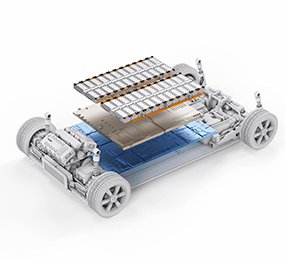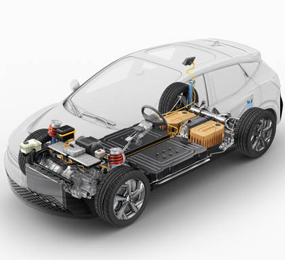Battery Recyclability and Design for Disassembly: A Holistic Approach
As the demand for electric vehicles (EVs) and other battery-powered devices surges, so does the need for sustainable battery management. A critical aspect of this is ensuring the recyclability of batteries at the end of their lifecycle.1 Design for disassembly (DfD) plays a pivotal role in facilitating efficient and environmentally friendly battery recycling.
DfD is a design approach that prioritizes the ease of disassembly and recycling of products.2 When applied to batteries, DfD involves designing batteries with modular components, standardized connectors, and easily removable parts. This approach simplifies the dismantling process, making it easier to recover valuable materials like lithium, cobalt, and nickel.3
By designing batteries with recyclability in mind, manufacturers can significantly reduce the environmental impact of battery disposal. It also helps to secure a reliable supply of critical materials, reducing dependency on mining and contributing to a circular economy.
However, challenges remain. Developing efficient and cost-effective recycling technologies is essential to recover valuable materials and minimize waste. Additionally, industry standards and regulations need to be established to ensure consistent recycling practices and promote the development of a robust recycling infrastructure.
In conclusion, battery recyclability and design for disassembly are crucial for a sustainable future. By adopting DfD principles and investing in advanced recycling technologies, we can mitigate the environmental impact of battery disposal and secure a sustainable supply of critical materials.
Visit our website to know more: https://www.leadventgrp.com/events/2nd-annual-electric-vehicle-battery-and-recycling-forum/details
For more information and group participation, contact us: [email protected]
Leadvent Group - Industry Leading Events for Business Leaders!
www.leadventgrp.com| [email protected]
















